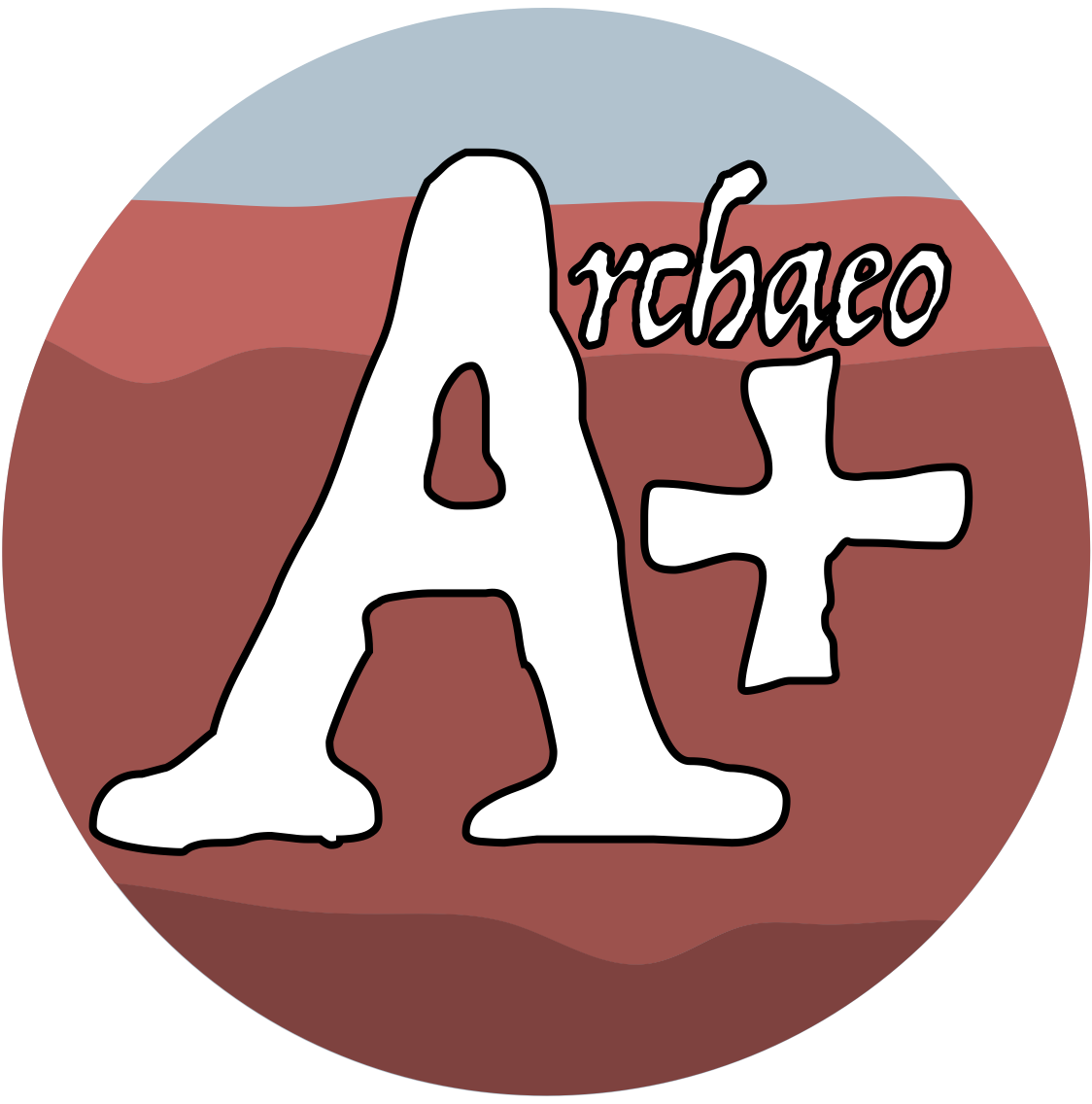
CRM Professional Training Program
A Unique Field School Experience hosted by ArchaeoPLUS in collaboration with Tennessee Valley Archaeological Research (TVAR), and the Alabama Archaeological Society (AAS)
Join a Transformative Journey into Archaeology and Cultural Resource Management
Embark on an unparalleled educational journey with our Cultural Resource Management (CRM) Professional Training Program, designed for aspiring professionals in archaeology, anthropology, history, and related disciplines. This immersive program offers rigorous hands-on training, enabling participants to gain valuable skills in CRM—a rapidly expanding field projected to grow by 8% over the next decade. As the job market for those with degrees in related fields shifts, CRM represents an exceptional career opportunity, encompassing approximately 90% of available roles in the United States, but is also a field in which many graduates feel they are unprepared by their college curricula and traditional archaeological field schools. This field school, taught by CRM archaeologists and academic archaeologists specializing in pedagogy and praxis, is designed to prepare graduates to enter CRM immediately upon graduation.
Course Objectives
Our field school is structured to achieve the following objectives:
Comprehend CRM Principles: Gain a solid understanding of the foundational concepts and practices inherent to cultural resource management.
Develop Practical Skills: Engage in archaeological surveys and excavations, alongside artifact analysis, to equip you for future employment with CRM firms across the United States.
Navigate Regulations: Familiarize yourself with federal and state regulations governing cultural resources, ensuring compliance and ethical stewardship in your future endeavors.
Course Structure
The course is divided into distinct phases to maximize learning and engagement:
Week 1: Introduction to CRM and Alabama's Cultural Heritage
Lecture Overview: Introduce CRM concepts, regulatory frameworks, and methodologies.
Material Culture Exploration: Engage in workshops focused on Alabama-specific archaeological materials.
Preservation Ethics: Participate in discussions on sustainable management practices.
Field Methodology Training: Acquire hands-on training in essential fieldwork techniques.
Technical Applications: Workshop sessions may cover GIS, GPR, and/or photogrammetry, et al., time and availability allowing.
Weeks 2 and 3: Field Methods in Archaeology
Survey and Excavation Techniques: Receive comprehensive training in essential archaeological methodologies.
Hands-On Fieldwork: Participate in a field survey or excavation at a designated site, applying your newly acquired skills in a real-world setting.
Week 4: Laboratory Techniques and Public Engagement
Artifact Management: Gain practical experience in cleaning, cataloging, and analyzing archaeological artifacts.
Public Presentation: At the end, everyone will have a chance to present on the experience to the public.
Optional Weekend Field Trips
Enhance your learning experience with our optional weekend field trips, designed to deepen your understanding of Alabama's rich archaeological landscape:
Moundville Archaeological Park ($100 — following week 2): Discover the remnants of a once-thriving Mississippian city featuring 29 earthen mounds. Located near Tuscaloosa, AL.
Old Cahawba Archaeological Park ($100 — following week 3): Explore Alabama's first capital and its historical significance, now a hauntingly beautiful ghost town. Located near Selma, AL.
U.S. Space & Rocket Center ($50 — following week 1): Visit the premier museum of U.S. manned spaceflight hardware, celebrating the legacy of human exploration. Located in Huntsville, AL.
Fees cover overnight stay in each location, all entrance fees and guided tours in each location.
Credit Opportunities
Students who are currently attending the University of Alabama in Huntsville may have the opportunity to earn academic credit upon successful completion of this program. Interested participants should consult with Dr. Christine Sears for more information.
We are willing to work with any university department in order to get you college credit through your home university. Please consult our consortium agreement policy for more information. If you have questions regarding this process, email us at admin@archaeoplus.org.
Limited Enrollment
This unique field school experience is capped at a maximum of six participants to ensure personalized instruction and an immersive educational environment where the participant-instructor ratio is never greater than 3:1.
LOGISTICS
Location: Lab work and/or lectures may be conducted on-site or at TVAR’s office in Huntsville, AL.
Dates: June 2 - June 27, 2025
Maximum Participants: 6 (currently full - check again in October for 2026!)
Housing: Rented houses or hotel rooms near the project area with shared rooms. Each house is equipped with full kitchen and laundry.
Meals: Participants are responsible for their own food during the course of the project, but transportation to grocery stores or restaurants as a team will be done daily.
Transportation and Tools: Transportation to and from the project area will be provided for the team daily. All tools necessary to conduct this project will be provided, with the exception of PPE (gloves, high-vis vest, personal backpack and reusable water bottles) and personal tools (tape measure, trowels). Recommendations for PPE and tools will be sent out in the “tool kit” in April, 2025.
Cost: US$ 800 per 4 -week session (4 weeks mandatory)
Fee includes: registration and field fees, lectures and workshops, most field and laboratory gear, housing and transportation as described above.
Join us this summer by clicking the “Apply now!” button below!
Please email admin@archaeoplus.org with any questions.
*Payment portal is locked until participant application is accepted. Upon acceptance you will be issued a password to access the payment portal.





